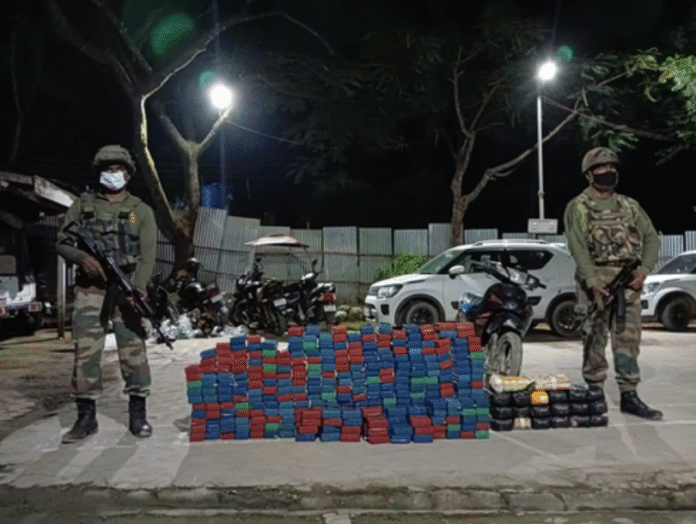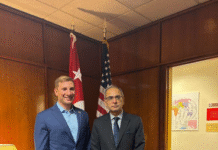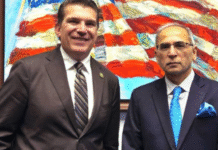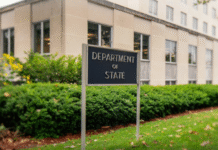Washington/New Delhi— India and the United States are strengthening their counter-narcotics partnership as both countries face growing threats from transnational drug networks, according to a report released on Friday. The collaboration, officials say, has led to major drug seizures, arrests, and the dismantling of trafficking operations, while also laying the groundwork for tighter control of precursor chemicals and stronger public health measures.
The report noted that the India–US Counternarcotics Working Group, set up in 2020, has evolved into an annual engagement with a widening agenda. The group is preparing for its sixth meeting, following expanded cooperation in recent years.
The fifth meeting, held in October 2024 in New Delhi, produced agreements to deepen joint efforts against synthetic drugs such as fentanyl and amphetamine-type stimulants. Both sides also committed to enhancing oversight of precursor chemicals — an area of strategic importance given India’s position as a major pharmaceutical producer and exporter.
A report by India Narrative said India’s push for deeper cooperation reflects a broader foreign policy shift, driven by the recognition that international drug networks pose direct risks to national security and public health. The partnership has moved beyond basic enforcement to include information-sharing, regulatory coordination, and discussions on harm-reduction approaches.
During a weekly media briefing on Wednesday, Ministry of External Affairs spokesperson Randhir Jaiswal said the two countries already have a “strong mechanism” for sharing intelligence. “These have resulted in key seizures and arrests,” he said. “Joint operations have been conducted which have led to dismantling of major transnational networks. It’s a very good area of cooperation and we want to further strengthen our joint fight against narcotics.”
The report said the growing focus on synthetic opioids — particularly fentanyl — makes sustained intelligence-sharing and capacity-building essential. It added that coordinated policy frameworks could help protect communities from addiction while supporting the stability of both countries’ pharmaceutical sectors.
According to the report, the expanding cooperation offers a potential model for multilateral action against evolving drug threats, combining prevention, enforcement, and treatment strategies in a comprehensive approach. (Source: IANS)












